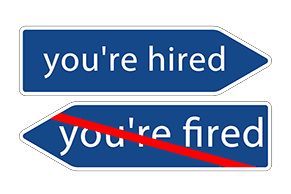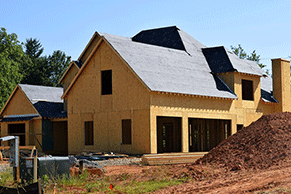Point#1: Different Lenders & Loan Programs, Different Standards
Different lenders offer different qualification standards (credit score, debt-to-income, loan-to-value) for the most popular government-backed loan programs (Conforming 30-year fixed and 15-year fixed, FHA, USDA, and VA). So while one lender advises that the lowest FICO score for the FHA loan is 550, another might not go that low.
What’s more, one 550 FICO score might not be the same as another.
We recently helped a client purchase a home with an FHA loan and a 550 credit score. Our buyer had a heap of student debt, and in searching for adequate employment, making rent, and purchasing necessities, had occasionally lapsed on repayment. When our client prevailed and found a high-paying local job, this person had the ability to comfortably make mortgage payments and remain current on pre-existing debt. The credit score did not reflect the current reality of the situation.
This is our #1 piece of advice: different lenders and different loan programs offer different standards. Bank #1 might list a 620 credit minimum and a 31% debt-to-income maximum, while Bank #2 lists 580 and 40%.
As a mortgage banker, we have access to many lenders, and are able to shop for the most flexible credit scores and debt-to-income ratios on the market. Here are the best terms we can find for you:
FICO Credit Score:
- 550: FHA
- 560: VA and USDA
- 580: Conventional
Debt-to-income (DTI) Ratio:
- 60%: VA
- 57%: FHA
- 50%: Conventional (Fannie Mae and Freddie Mac)
- 43%: USDA
- 43%: Jumbo





















